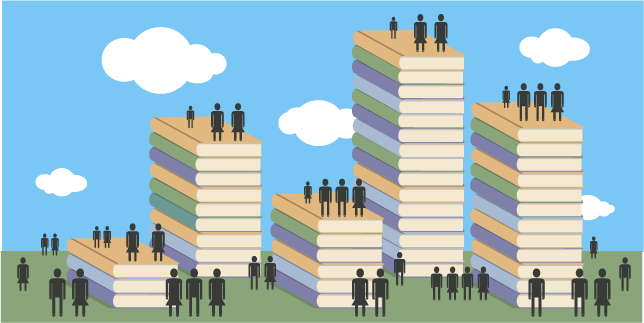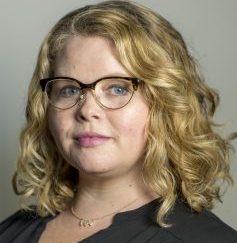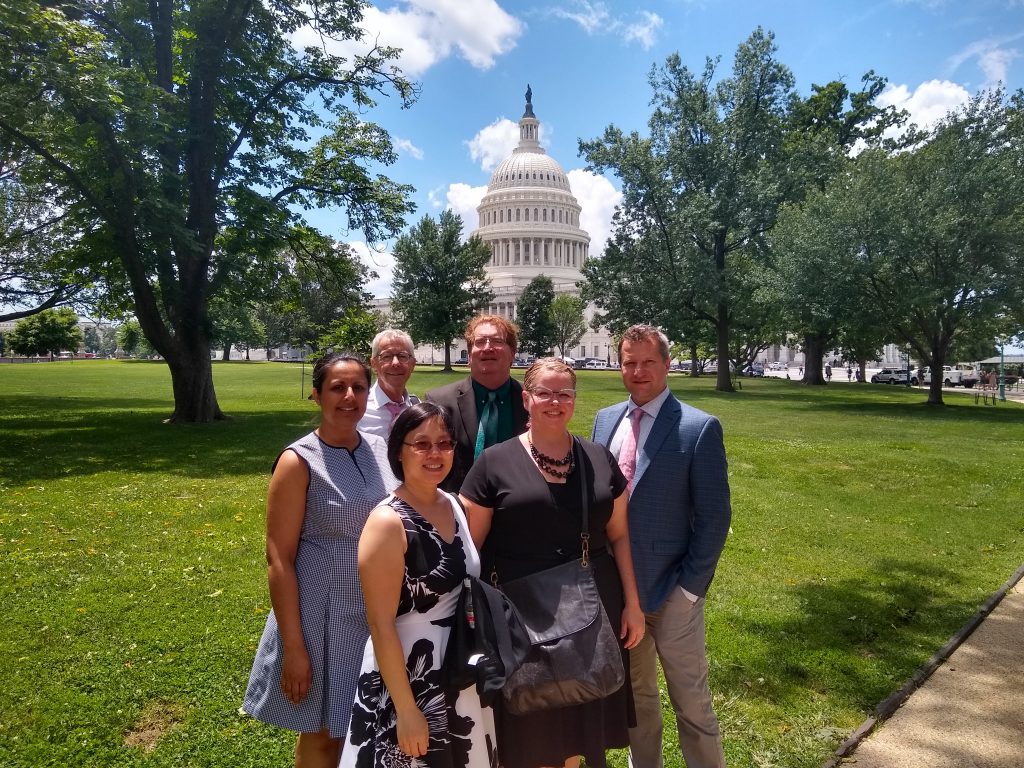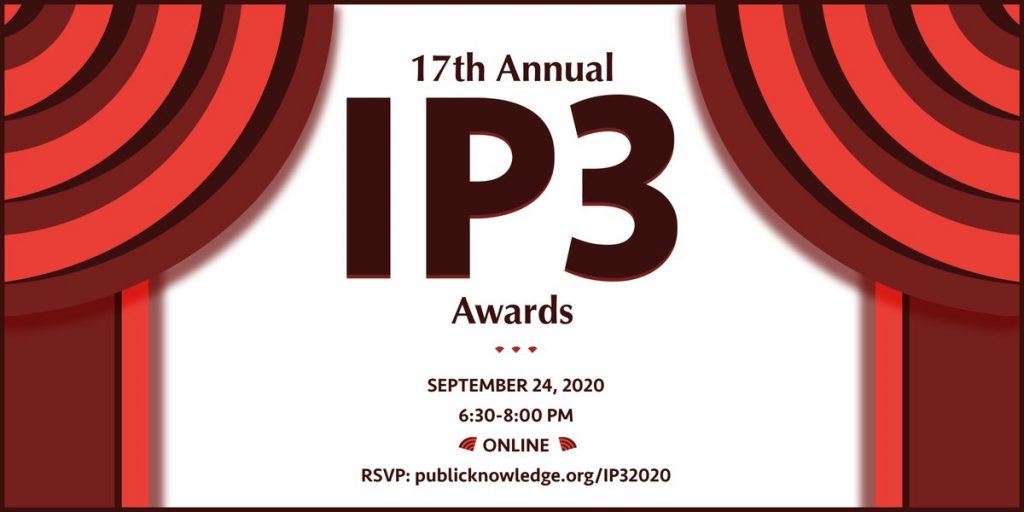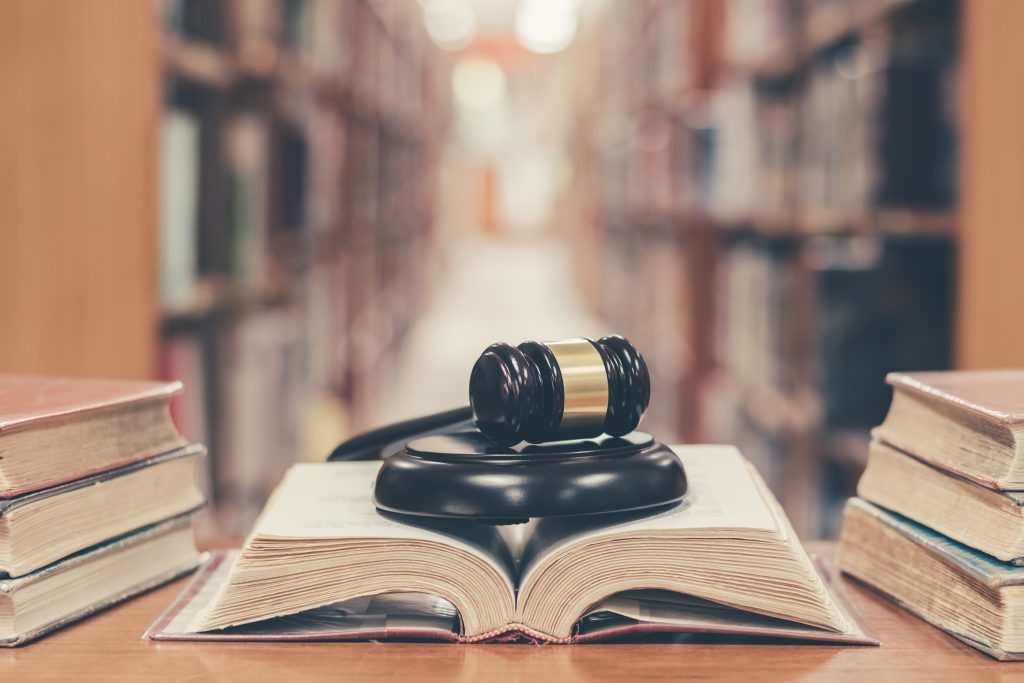
This week, a federal judge issued this scheduling order, laying out the road map that may lead to a jury trial in the copyright lawsuit brought by four of the world’s largest publishers against the Internet Archive. Judge John G. Koeltl has ordered all parties to be ready for trial by November 12, 2021. He set a deadline of December 1, 2020, to notify the court if the parties are willing to enter settlement talks with a magistrate judge.
Attorneys for the Internet Archive have met with representatives for the publishers, but were unable to reach an agreement. “We had hoped to settle this needless lawsuit,” said Brewster Kahle, Internet Archive’s founder and Digital Librarian. “Right now the publishers are diverting attention and resources from where they should be focused: on helping students during this pandemic.”
The scheduling order lays out this timeline:
- Discovery must be completed by September 20, 2021;
- Dispositive motions must be submitted by October 8, 2021;
- Pretrial orders/motions must be submitted by October 29, 2021;
- Parties must be ready for trial on 48 hours notice by November 12, 2021.
In June, Hachette Book Group, Inc., HarperCollins Publishers LLC, John Wiley & Sons, Inc., and Penguin Random House LLC—with coordination by the Association of American Publishers—filed a lawsuit to stop the Internet Archive from digitizing and lending books to the public, demanding that the non-profit library destroy 1.5 million digital books.
Publishers Weekly Senior Writer Andrew Albanese has been covering the story from the beginning. In a July 31st Beyond the Book podcast for the Copyright Clearance Center, Albanese shared his candid opinions about the lawsuit. “If this was to be a blow out, open-and-shut case for the publishers, what do the publishers and authors get?” Albanese asked. “I’d say nothing.”
“Honestly, a win in court on this issue will not mean more sales for books for publishers. Nor will it protect any authors or publisher from the vagaries of the Internet,” the Publishers Weekly journalist continued. “Here we are in the streaming age, 13 years after the ebook market took off, and we’re having a copyright battle, a court battle over crappy PDFs of mostly out-of-print books? I just don’t think it’s a good look for the industry.”
In order to make the vast majority of 20th Century books accessible to digital learners, libraries such as the Internet Archive have been digitizing the physical books they own and lending them on a 1-to-1 “own to loan” basis—a legal framework called Controlled Digital Lending. Publishers refuse to sell ebooks to libraries, insisting on temporary licenses on restrictive terms. This business practice “threatens the purpose, values, and mission of libraries and archives in the United States,” explains Kyle K. Courtney, copyright advisor to Harvard University Libraries. “It undermines the ability of the public (taxpayers!) to access the materials purchased with their money for their use in public libraries and state institutions, and further, it is short sighted, and not in the best interest of library patrons or the public at large.”
“Libraries have always had the right to buy and lend books. It’s at the core of a library’s mission,” said Kahle. “The Internet Archive would like to purchase ebooks, but the publishers won’t sell them to us, or to any library. Instead they are suing us to stop all learners from accessing the millions of digitized books in our library.”
